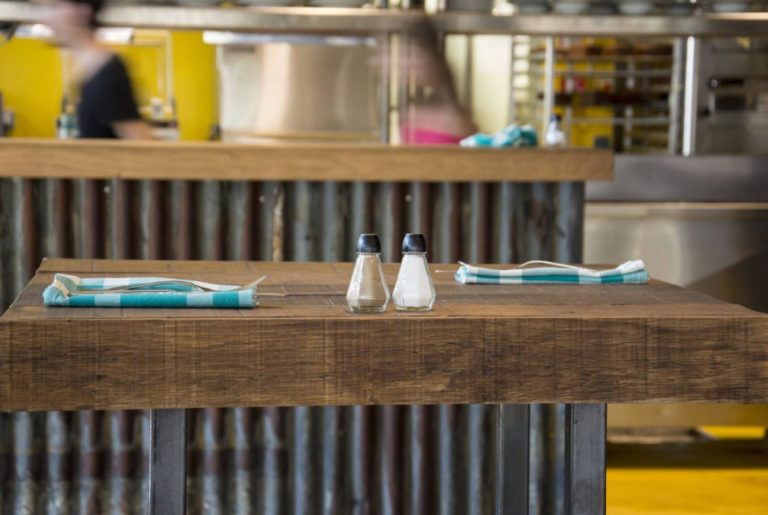The Joy of Caring: Lessons Learned Living with Someone with Dementia

Coming to caregiving/care receiving reluctantly? I know I did. But, there is huge potential for opening and growth in the process. Open to it and let the magic change you.
Giving and receiving. Giving or partnering. I have overheard and participated in many debates on care in my role as a dementia care specialist. The argument is for caution that caring not promote passivity on the receiver’s part or strip the receiver of their independence as they proceed through the stages of Alzheimer’s disease. I have let these judgements drop. I see there can be good and bad in care: giving, receiving and partnering. This topic came up on a long car ride with my son who has been volunteering in scouts with younger boys.
Opening the Heart
He asked, “Did you like having kids? It seems they can be a lot of work and a lot of stress.” My answer was quick and sure. Oh yes! Having kids broke my heart wide open – yes to work and stress, but the payoff was huge. As a young girl, I showed little interest in ‘mothering’ and more in playing in the mud; as a young adult, I loved being the auntie, but didn’t see myself the mother.
I came into motherhood with a closed heart, but now feel more alive to all things because of care giving, care receiving and care partnering that motherhood has exposed to me. The message became even clearer when my mother was diagnosed and lived with Alzheimer’s dementia. The work and stress were there, but it proved another time in my life where my heart was busted wide open, experiencing pain and worry but intense and expansive joy.
Limitations in the Strive for Independence
In the US, the culture focuses on independence – in spirit and in achievements. John Wayne striding into town to save the day is our national lone cowboy. But this independence is at a cost. When we try to do too much on our own or alone, the quality of the output suffers.
If we can no longer balance our bank account and pay bills in a timely manner due to memory issues, why not accept help from family or the bank? Our energy can be freed up to enjoy the beauty of the day or a moving concert. My mother spent hours shuffling piles of paper looking for confirmation that she had paid her bills after a notice of nonpayment arrived in the mail. It caused her inordinate stress – a problem she could have surrendered to someone else. Or could have partnered! There were many other options – she could have transitioned banking to a shared responsibility with family member or, if she was concerned about confidentiality, hired an expert, such as an accountant or book keeper, to assist with setting up a system to pay her bills and protect her credit.
The Joy of Connection
We humans are social creatures – we thrive on being connected, NEED to be connected. A study by researchers at the University of Michigan found that “helping valued loved ones may promote caregivers’ well-being.” 1 I often see the joy of caregiving and care receiving in the people and families in my practice. We can do it alone or we can do it together. When we focus on independence as the only way, we invite suffering. Whenever we look at anything as the ONLY way, we invite suffering.
Some of the primary caregivers/care partners I work with suffer from burn out due to tackling all the care of a family member living with dementia. We may push other family or support away with the idea that we are protecting extended family from perceived burdens of caregiving or protecting the care recipient’s privacy. Please reconsider this approach – for everyone involved.
There is joy in caregiving and there is joy in care receiving. Several studies confirm life is better with more social support. One study cautioned that many caregivers exclude their children from their support network and may “end up being isolated and disappointed when expectations of family support are not forthcoming”.2 The families that reached out to each other fared better.
What I didn’t know as a little girl playing in the mud was that care giving and care receiving brought out my ability to show love and to receive love. Of course there is joy in care – it is one wonderful way to experience love.
Consider this
- Caregiving brings out the best in people – allow others to partner with you to see the best in them.
- Whenever you or someone you are working with is frustrated from memory issues, look from new angles for a solution – one way is not always the right way or the most peaceful way.
- There is joy in coming together as a community – to help, share, witness and love. Invite others in.
- Finally, for tips on how to help you as the helper, sign up here.
References
- Poulin MJ, Brown SJ, Ubel PA, Smith DM, Jankovic A, Langa KM. Does a helping hand mean a heavy heart? Helping behavior and well-being among spouse caregivers. Psychol Aging 2010; March 25 (1):108-17.
- Cheng ST, Lam LC, Kwok T, Ng NS, Fung AW. The social networks of Hong Kong Chinese family caregivers of Alzheimer’s disease: correlates with positive gains and burdens. Gerontologist 2013; Dec, 53:998-1008.






